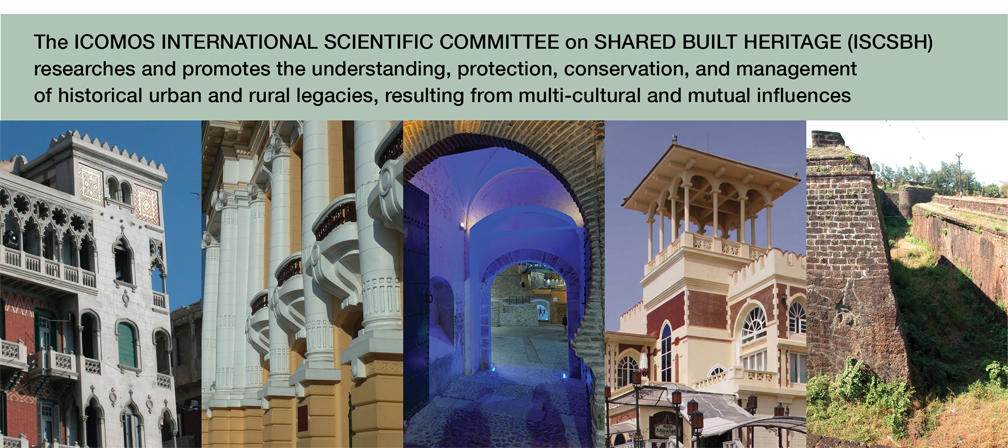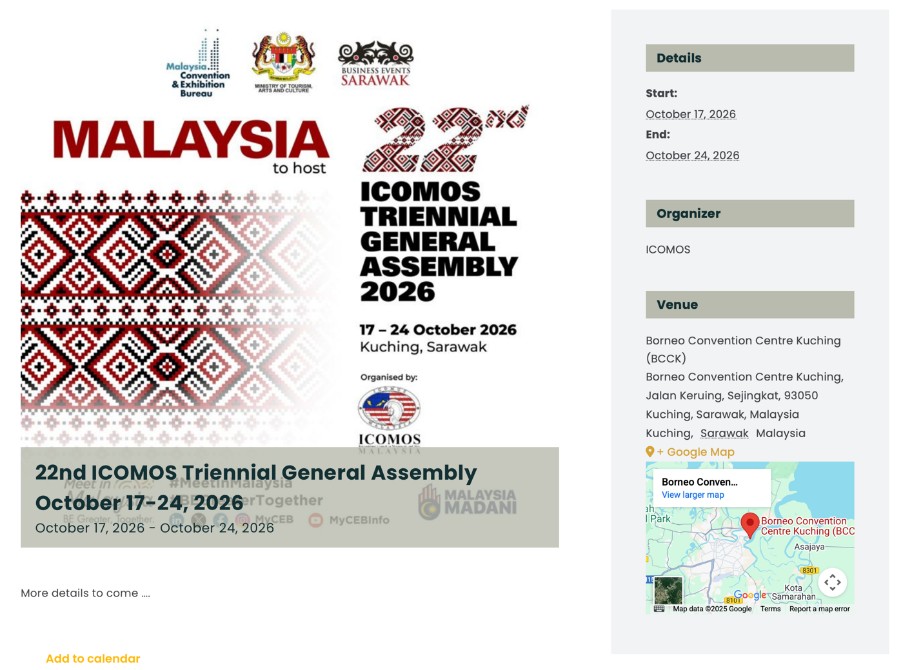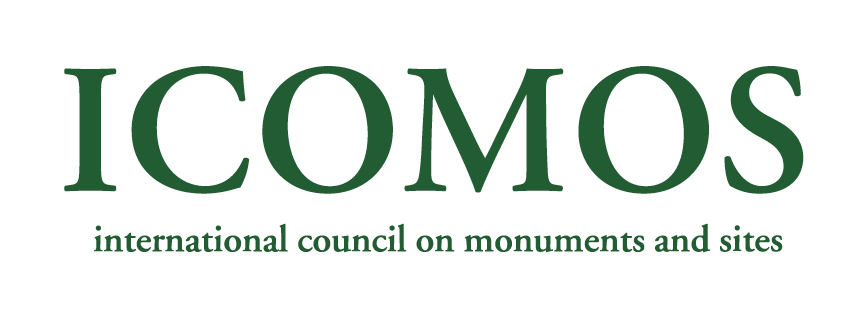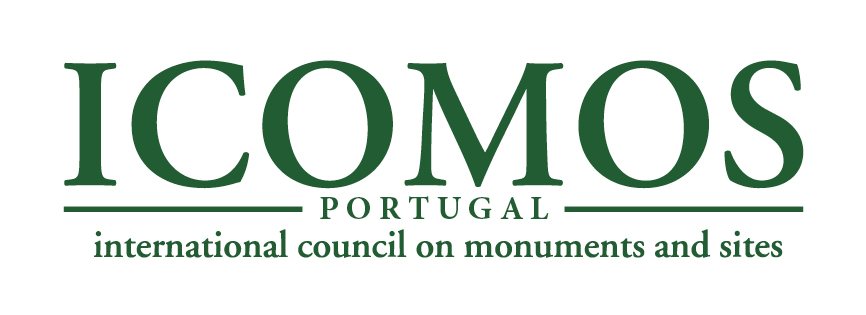History of ISCSBH
By Siegfried RCT Enders
ICOMOS International Scientific Committee on Shared Built Heritage
Its history, work and role in preservation and conservation of transcultural heritage
How did it start?
The initiative for the foundation of an ICOMOS International Scientific Committee on this issue came for the predominant part from the colleagues of ICOMOS Netherlands.
Why the Netherlands?
The colonial time figures prominently the history of the Netherlands and founded the prosperity and development of the country today in all aspects but mainly economic, social and cultural. The dealing with this heritage and its relics in all aspects of public and private life in the Netherlands affects to a great extent social life, politics and also science of history.
The raising globalization might have been a motivation for the colleagues in the Netherlands to try to share their experience and practice with others, who are dealing with the same issue, mainly of former colonial powers and colonies in the world. The first activities of the Netherlands had been carried out by a (governmental) institution for the improvement of building and planning in developing countries.
In this regard and against this background this Institute was constantly looking for new action fields, activities and jobs. It turned out that a research and training course on “Integrated Urban Revitalization and Heritage in Sri Lanka” was organized in cooperation with the State Conservation Authority (Netherlands Department for Conservation [NDC]) and various Building-, Planning and Heritage Authorities in Sri Lanka (1995).
Parallel a technical assistance project, “Galle Heritage Project” was started by the Government of the Netherlands and an International Seminar “European Architecture and Town Planning outside Europe (Dutch Period)” took place in Colombo (24.-28.02.1995) As an outcome of this seminar the “Declaration of Colombo on safeguarding of physical heritage deriving from Dutch contact with Asia” was given. As a part of it one will find the “Recommendation for ICOMOS to form an International Committee on Colonial Settlements/ Buildings of Dual Parentage/Mutual Heritage under ICOMOS Scientific Committees”
Development policy and economic interest issues met interest of science of history and together were looking for an international scientific awareness. ICOMOS Netherlands and ICOMOS Sri Lanka (at that time incumbent of ICOMOS world presidency) worked together under the leadership of the colleagues of the Netherlands and initiated the founding of a new ICOMOS International Scientific Committee in 1998. In its first statutes, the committee formulated the objectives and tasks to be done.





